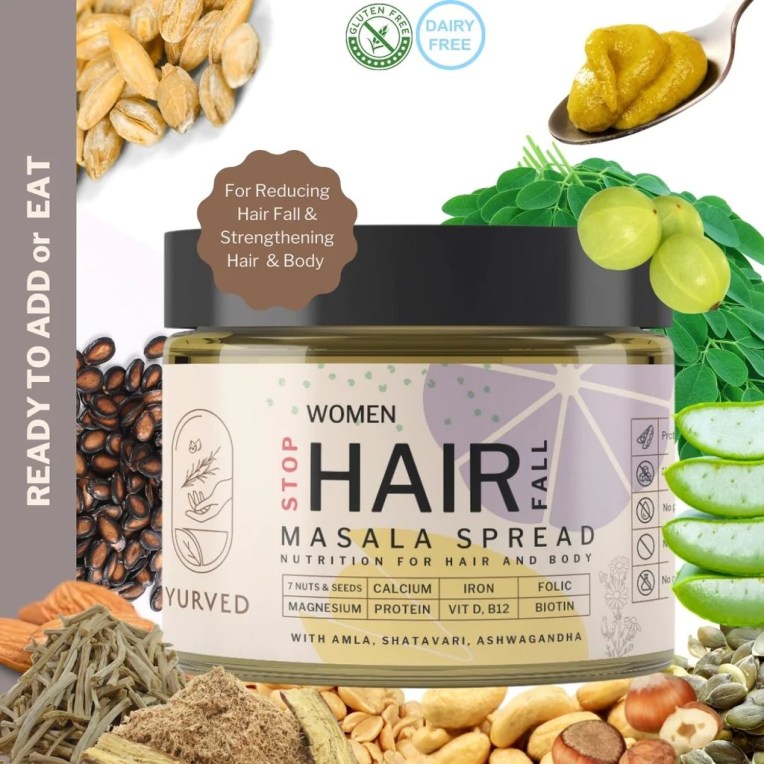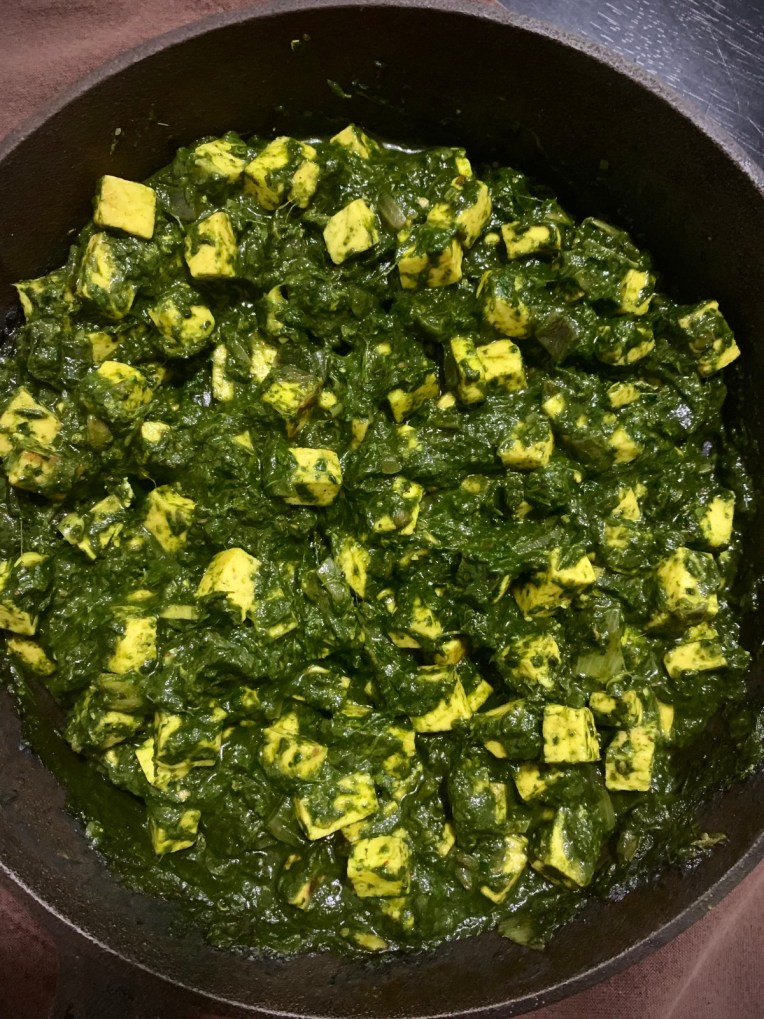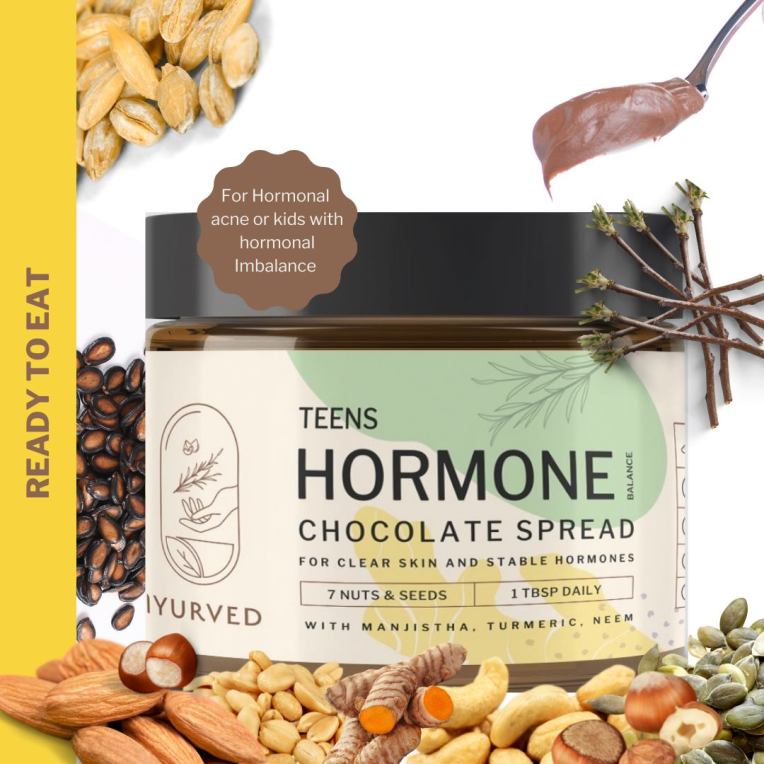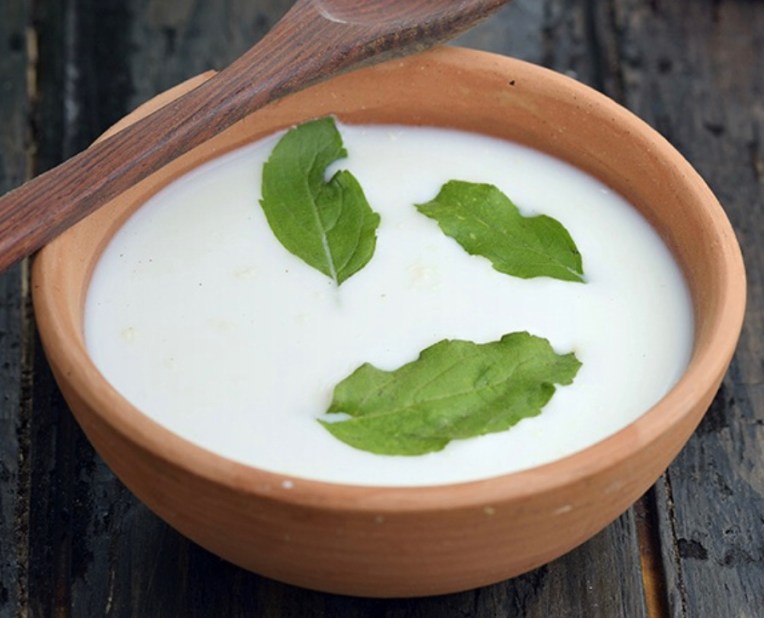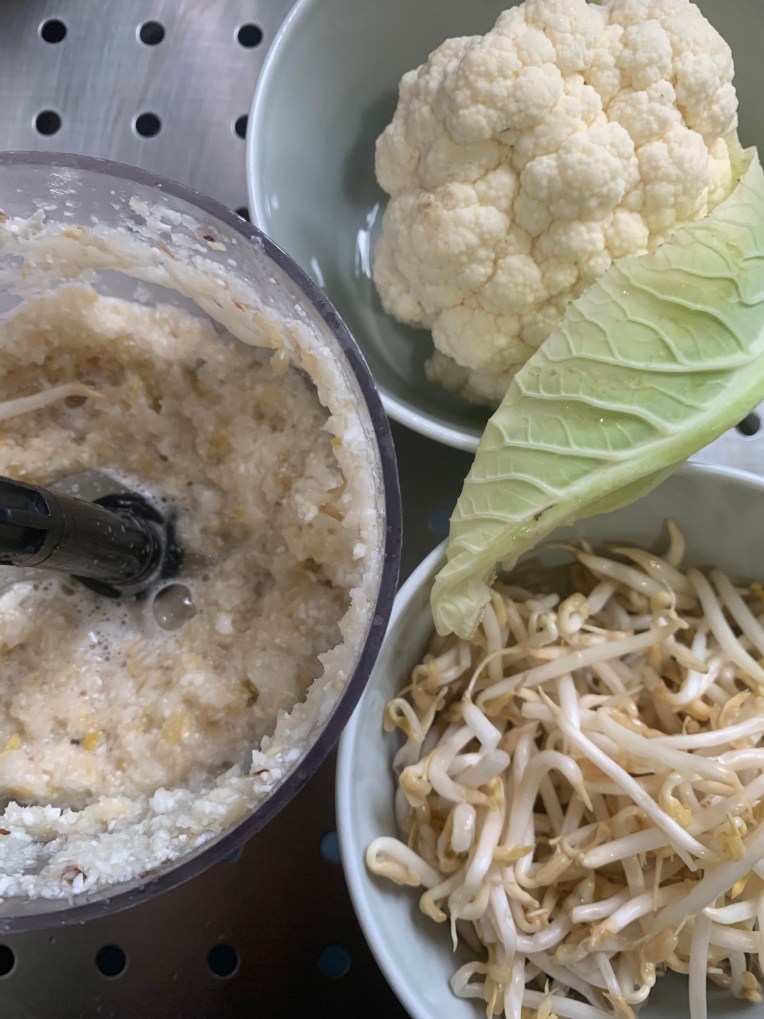Have you ever wondered why your child gets sick or has health difficulties despite having a full plate of food? Do you think that plate provides all the essential nutrients that the child requires? Nowadays, malnutrition is most prevalent and is found to be associated with common nutritional deficiencies in children.
Most parents make the mistake of believing that just because their child eats three meals a day means he or she is getting all of the nutrients needed for growth and development. But, a well-balanced meal consisting of all the important vitamins and minerals is all that the child needs. So, let’s understand what is nutritional deficiencies, symptoms, nutritional deficiencies diseases and foods that help to overcome them.
WHATSAPP for concerns like Speech Delay, Low Weight, Frequent Illness, Hyperactivity, Low Concentration, Weak Eyesight, Improper Sleep, Pigmentation, Pores, Face Marks, Fine Lines, Lactation etc.
What are nutritional deficiencies?
The child’s body needs a sufficient amount of vitamins and minerals to grow properly and be able to fight and avoid diseases. We refer to these nutrients as micronutrients.
While some are made naturally by the body, the majority come from the foods your children consume. Malnutrition, also known as nutrient deficiency, occurs when your child’s body does not get or is unable to absorb the necessary amount of nutrients.
Signs and symptoms of nutritional deficiencies in children
Nutritional deficiencies cause health-related problems which can be difficult to detect while your child is young but become more apparent as they develop. Immune deficiency, stunted bone development, delayed brain growth, weariness, digestive troubles, and even early dementia are few common nutritional deficiencies symptoms.
Apart from these common symptoms, nutritional deficiencies diseases also exhibit symptoms such as :
- Lethargy
- Loss of attention
- Dry skin/hair
- Depression/ Anxiety
- Delayed speech
- Weight loss
- Hyperactivity
- Frequent cold or flu
8 Common nutritional deficiencies in children
Here is a list of some common nutritional deficiencies in children, their symptoms and dietary sources:
1. Calcium deficiency
Every cell in your body requires calcium to function properly. Calcium helps to mineralize bones and teeth, which is especially important during periods of rapid growth. Calcium is also a signalling molecule, so a deficiency can cause problems with your child’s heart, nerves, and muscles.
You should never take more calcium than you need. Calcium levels in your blood are strictly controlled, therefore any excess is stored in your bones as calcium phosphate. As a result, your bones will release calcium if you don’t get enough of it from the diet.
HeALTH CONCERNS caused due to calcium deficiency
In many cases, a calcium deficiency is not accompanied by symptoms. However, rickets in children and osteoporosis in the elderly are two prevalent forms of calcium deficiency that cause weaker and more fragile bones.
Dietary sources of calcium
Here are some of the calcium-rich foods that you should include in the diet:
- Milk and dairy products like cheese and yogurt
- Moringa
- Ragi (8 amazing benefits of Ragi)
- Vegetables like cabbage, mustard, broccoli, lady’s finger
- Seeds like poppy, chia and sesame
- Almonds
- Makhana/ Lotus seeds
- Amaranth
2. Iron deficiency
Iron deficiency is one of the most common nutritional deficiencies in children. However, it is even more common in picky eaters and toddlers who have weaned from breast milk. (Iron deficiency in children)
Iron is a vital mineral that is found in abundance in red blood cells. Also, iron attaches to haemoglobin and aids oxygen transport between blood cells. It also aids in the production of RBCs.
There are two types of dietary iron – Heme and Non- heme iron. Heme iron is found in animal sources such as red meat and is easily absorbed in the body. Non-heme iron can be present in plant and animal foods, but it is difficult to absorb.
Vegetarians and vegans mostly consume plant sources having non-heme iron which is less absorbed. Hence they are more likely to develop iron deficiency.
HeALTH CONCERNS caused due to iron deficiency
Anemia is the most common nutritional deficiency in children. The common symptoms of anemia include pale skin, fatigue, weakness and tiredness, poor appetite, craving for strange things like ice, dirt and paint, slower growth and development, behavioural issues, frequent infection.
Dietary sources of iron
The best sources of iron both heme and non-heme are listed below:
Heme iron sources:
- Red meat
- Shellfish
- Organ meat
- Sardines
Non-heme iron sources:
- Beans
- Green leafy vegetables like broccoli, spinach, kale
- Seeds like pumpkin, sesame, flax and hemp
- Dried fruits like raisins, prunes and apricot
- Fruits like apple, pear and pomegranate
- Legumes
3. Vitamin D deficiency
Vitamin D is a fat-soluble vitamin that acts in the body like a steroid hormone and is produced on exposure to sunlight. It aids iron, magnesium, zinc, and phosphate absorption. It also aids calcium absorption and helps in the formation of strong bones and teeth. Not just bones and teeth, vitamin D also builds immunity in the body and fights off attacking viruses and bacteria. (Vitamin D and calcium for building strong bones in kids)
HeALTH CONCERNS caused due to Vitamin D deficiency
The deficiency of vitamin D prevents the absorption of calcium in the body. Calcium deficiency causes disorders, such as hypocalcemia and hypophosphatemia (rickets), as well as the weakening of bones, certain types of malignancies and lowered immunity. It may also cause growth delay, bone loss and there is an increased risk of fractures.
Dietary sources of Vitamin D
Sunlight is the natural source of Vitamin D. However, other dietary sources of vitamin D are:
- Cod liver oil
- Fatty fish such as salmon, mackerel, sardines
- Egg yolk
- Banana
- Milk and milk products
- Fortified cereals
- Mushroom
- Ragi
4. Vitamin A deficiency
Vitamin A is a fat-soluble vitamin that is important. It aids in the formation and maintenance of healthy skin, teeth, bones, and cell membranes, as well. Also, it creates eye pigments, which are essential for vision. For Vitamin A to travel to the required parts of the body, like the retina at the back of the eye, it has to partner with another mineral- Zinc.
Dietary vitamin A comes in two forms:
- Preformed vitamin A (Retinol): It is derived from animal sources.
- Pro-vitamin A (Carotenoid): It is obtained from plant sources.
HeALTH CONCERNS caused due to Vitamin A deficiency
A lack of vitamin A or vitamin A deficiency can cause both acute and chronic eye damage, leading to blindness. Vitamin A deficiency can also weaken the immune system and increase mortality, especially in children and women who are pregnant or lactating.
Dietary sources of Vitamin A
The dietary sources of vitamin A are:
- Organ meat
- Fish liver oil
- Sweet potatoes
- Carrot
- Green leafy vegetables
Orange-coloured fruits and vegetables like carrots, mangoes, apricot, and sweet potatoes are rich in vitamin A, hence helps to protect your kid from any eye disease.
5. Vitamin B9-Folate deficiency
Vitamin B9, also known as folic acid or folate, is an essential component for the growth and development of the human body. Folate aids in the formation of DNA and RNA, as well as protein metabolism. Dietary folate is also necessary for the production of healthy red blood cells. And it is especially important in times of fast growth, such as during pregnancy and the development of the foetus.
HeALTH CONCERNS caused due to Vitamin B9-Folate deficiency
Folate deficiency in children and babies can cause brain and spinal cord underdevelopment, growth issues, anaemia, and congenital defects. (7 brain-boosting foods for your child)
Dietary sources of Vitamin B9-Folate
The sources of Vitamin B9 include:
- Green leafy veggies
- Fresh fruits
- Nuts
- Beans
- Fortified cereals and bread
- Seafood
- Eggs
- Peanuts
6. Vitamin B12 – Cobalamin deficiency
Cobalamin is important for the production of blood cells and to sustain healthy nerve cells in the body. However, vegetarians and vegans may not obtain enough vitamin B12 in their meals and may need to take a B12 supplement. (Foods with B vitamins and their importance)
HeALTH CONCERNS caused due to Vitamin B12 – Cobalamin deficiency
A vitamin B12 deficiency causes megaloblastic anemia. The diseases caused by nutritional deficiencies of Vitamin B12 can also lead to a number of symptoms including weakness, exhaustion, constipation, a decreased appetite, and weight. Failure to meet the minimum requirements can also show negative effects on the nervous system and nutritional deficiencies symptoms such as confusion, depression and dementia.
Dietary sources of Vitamin B12 – Cobalamin
The sources of Vitamin B12 include:
- Dairy products
- Fish
- Meat
- Beef liver
- Fortified cereals
- Egg
7. Zinc deficiency
Zinc is an important mineral for healthy growth, digestion, sex hormone development, and immunity in children. A deficit can have an adverse effect on your child’s hair, skin, and nails, as well as his or her cognitive function and height.
HeALTH CONCERNS caused due to zinc deficiency
Loss of appetite and decreased growth and development in babies and children are early signs of zinc deficiency. They may be angry and sluggish. The immune system of the body may be compromised, causing wounds to heal more slowly and incompletely.
Dietary sources of zinc
The sources of zinc include:
- Pumpkin seeds
- Sesame seeds
- Beans
- Peas
- Lentils
- Grains such as amaranth, oats, wheat
- Fruits such as avocado, berries
- Cashews
- Peanuts
8. Magnesium deficiency
Magnesium is an important mineral in the human body. It’s not only important for bone and tooth structure but it’s also involved in over 300 enzyme processes.
HeALTH CONCERNS caused due to magnesium deficiency
The diseases caused by nutritional deficiencies of magnesium include type 2 diabetes, metabolic syndrome, heart disease, and osteoporosis. Abnormal heart rhythm, muscular cramps, restless leg syndrome, tiredness, and headaches are the most common magnesium – nutritional deficiencies symptoms. (How magnesium can help to balance hormones in teenagers?)
Dietary sources of magnesium
The sources of magnesium include:
- Whole grains
- Nuts
- Dark chocolate
- Green leafy vegetables
Almost every vitamin can be lacking in some way. However, the aforementioned flaws are by far the most prevalent. Children, young women, the elderly, vegetarians, and vegans appear to be the most vulnerable to a variety of deficits.
Eating a well-balanced diet rich in full, nutrient-dense foods is the greatest approach to avoid deficiencies. Supplements, on the other hand, maybe essential for people who cannot get enough from their food alone.
PRODUCTS:
It’s no SECRET that following an Ayurvedic lifestyle has numerous advantages. This unique collection of Ayurvedic spreads is an easy solution to feed daily nutrition for Immunity, Eye, Brain development, Bone strength and overall-growth to kids without any fuss. To know more about kids ayurvedic foods –SHOP HERE.

India’s First Tasty Kids Nutrition fortified with Ayurvedic herbs.
If your child is a picky eater or does not take enough nutrition for the day, you can give Daily Nutrition Chocolate Spread and Daily nutrition Veggies and Dal powder | Made with Ayurvedic herbs | 0% preservative | 0% Palm oil | ORDER |
Immunity, Gut health, Digestion, Weight, Brain development, Speech delay, Epilepsy, Eye health, Hormones, Sleep, Hyperactivity, Bones and Overall growth

Read more blogs:
- Thoppukaranam: The Brain Yoga
- Easy & Effective Exercise for Brain Eye Coordination
- 10 Parenting Strategies for ADHD and ASD Children
- How to Control Excessive Physical Movements in ADHD Kids?
- Seizures and CP: HOW TO MANAGE?




